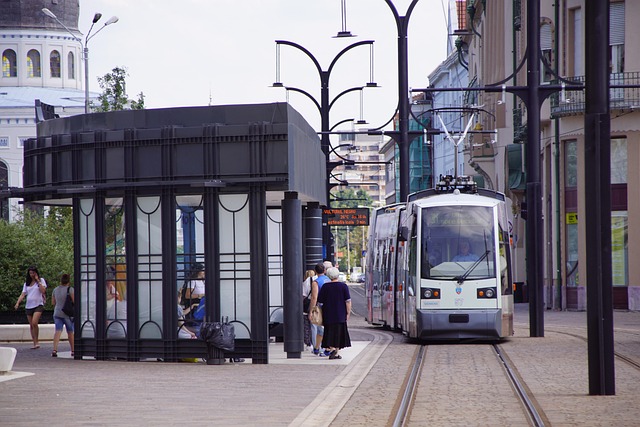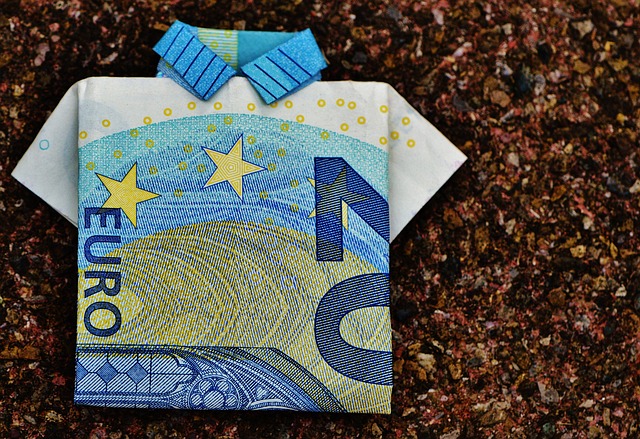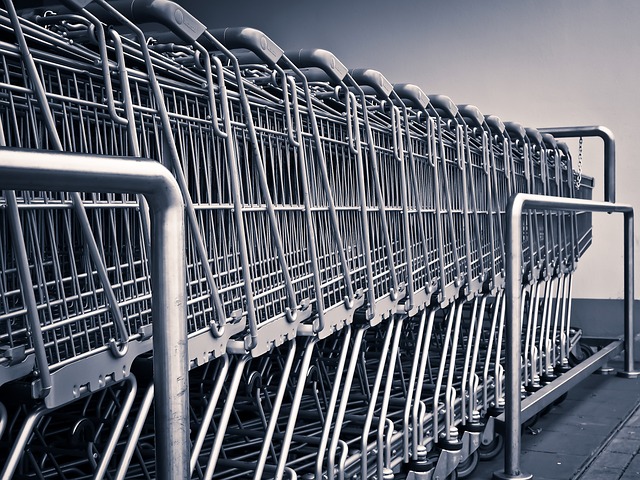Introduction to the Waste and Recycling System in Portugal
The waste management system in Portugal is organized and operates according to European Union directives. Waste segregation plays a crucial role in environmental protection. There are various waste fractions in the country that require appropriate sorting by residents.
Basic Principles of Waste Segregation
In Portugal, waste is divided into several main categories: recyclable materials, mixed waste, organic waste, and special waste. Paper and cardboard are deposited in blue containers, glass in green, and plastic and metal in yellow ones. Organic waste is collected separately, and electrical and electronic waste is placed in special containers.
Recyclable Waste
Materials such as cardboard, newspapers, glass bottles, plastic bottles, aluminum cans, and coated cans can be recycled. It is important to remove food residues and other contaminants before depositing them in the appropriate containers.
Rules for Organic Waste
Organic waste comes from plant and animal origins. In Portugal, some areas have introduced separate containers for compostable waste. It’s essential to avoid placing meat and dairy products in organic waste bins. This supports the composting process and reduces the amount of methane released into the atmosphere.
How to Handle Mixed Waste
Mixed waste refers to items that cannot be recycled. These include food scraps, contaminated materials, multi-material packaging, and other everyday garbage. Efforts should be made to minimize them through greater consumer awareness and recycling of other materials.
Rules for Special Waste
Special waste, such as electronic equipment, used batteries, or light bulbs, requires special attention. In Portugal, there are special collection points organized by local authorities. It’s important not to dispose of them in standard containers as they can be harmful to the environment.
Raising Awareness and the Future of Recycling in Portugal
The Portuguese society is increasingly engaging in recycling processes. Environmental education and government programs support actions to increase the level of waste recycling. Innovative initiatives, such as the expansion of infrastructure and the introduction of new technologies, contribute to the dynamic development of the waste management system in the country.
Summary
Waste segregation in Portugal is a key element of environmental care. Understanding the basic principles of recycling and being aware of ecological responsibility can significantly contribute to protecting our planet. Joint efforts in this area are essential to achieving sustainable development.



